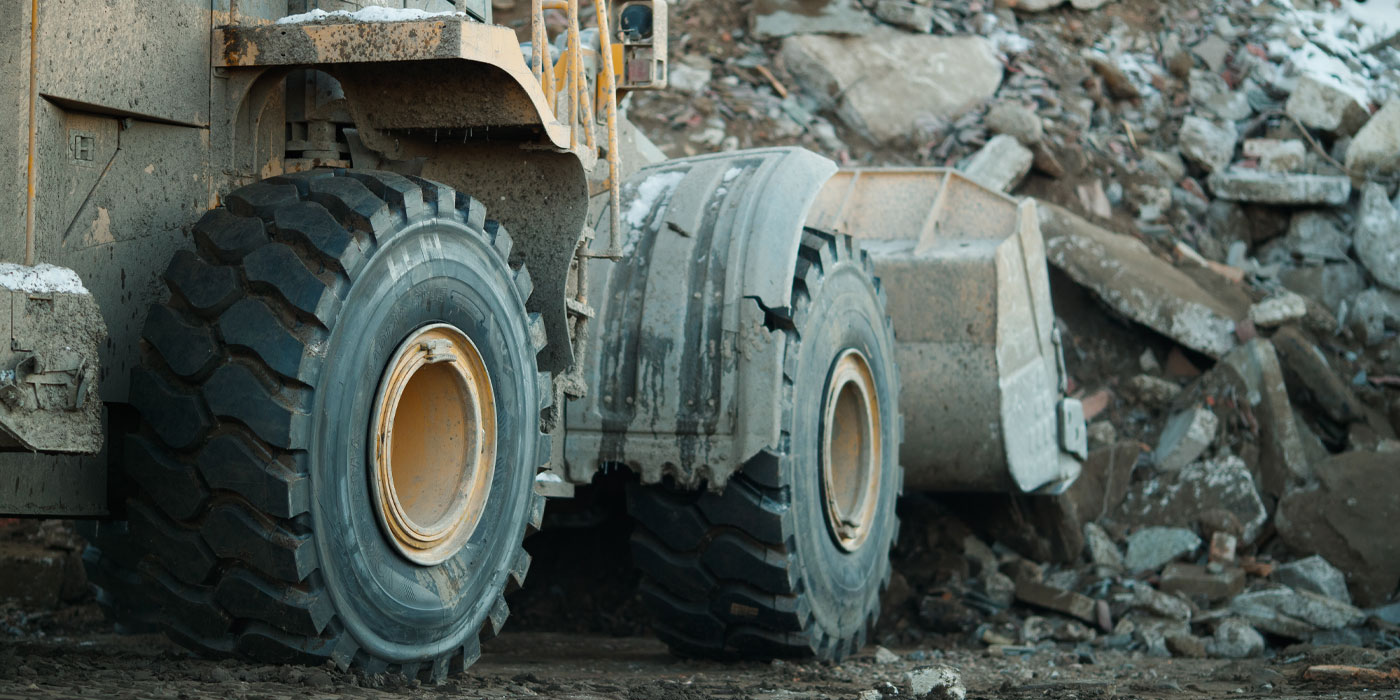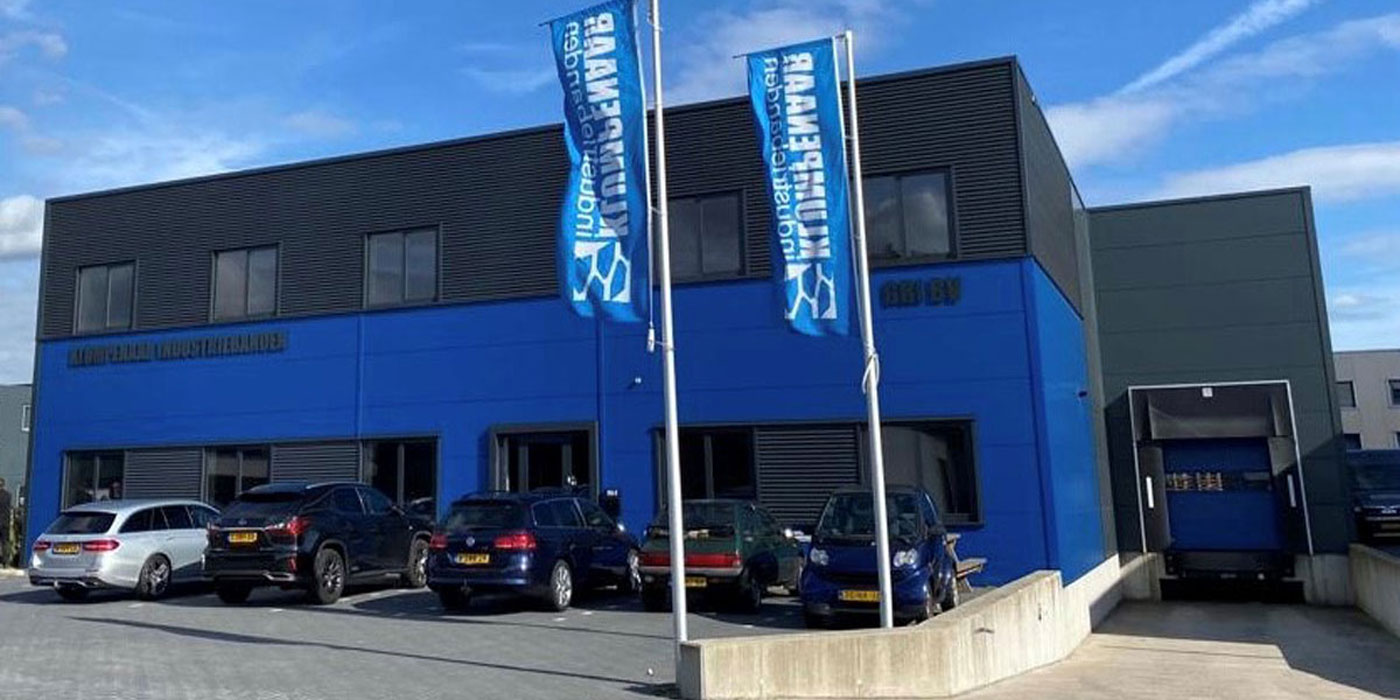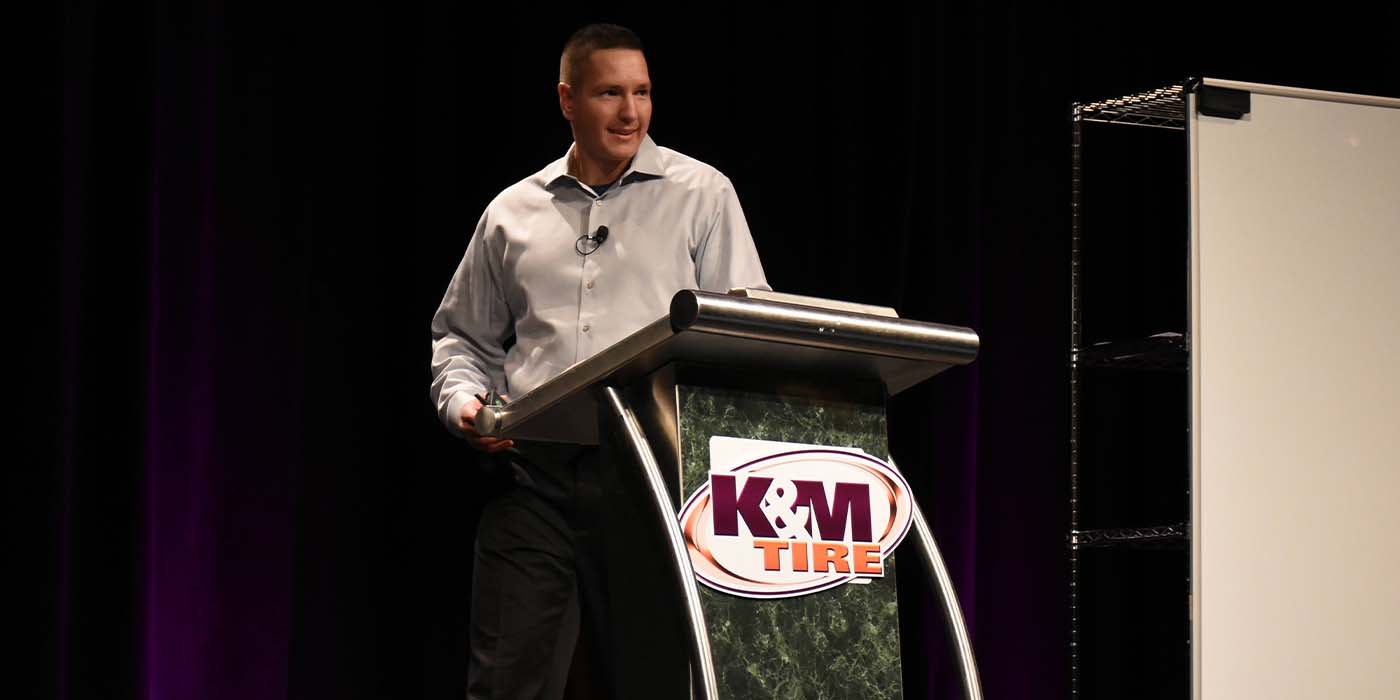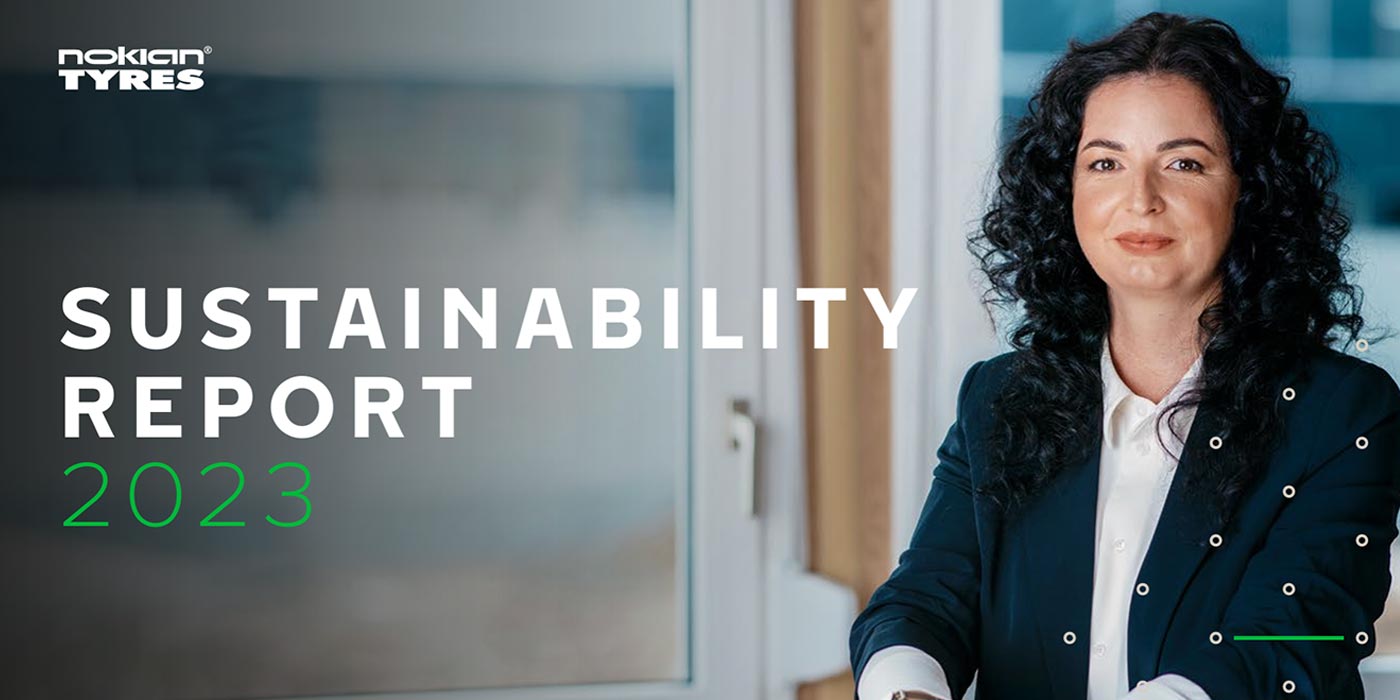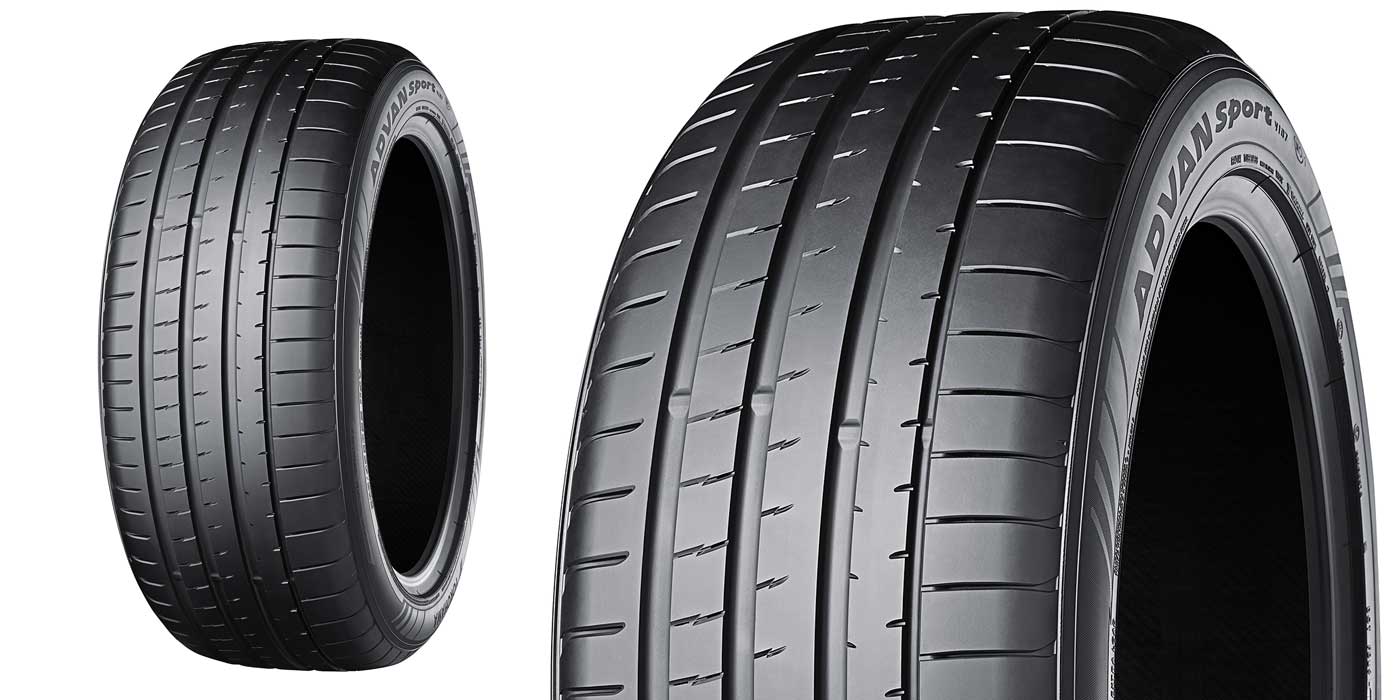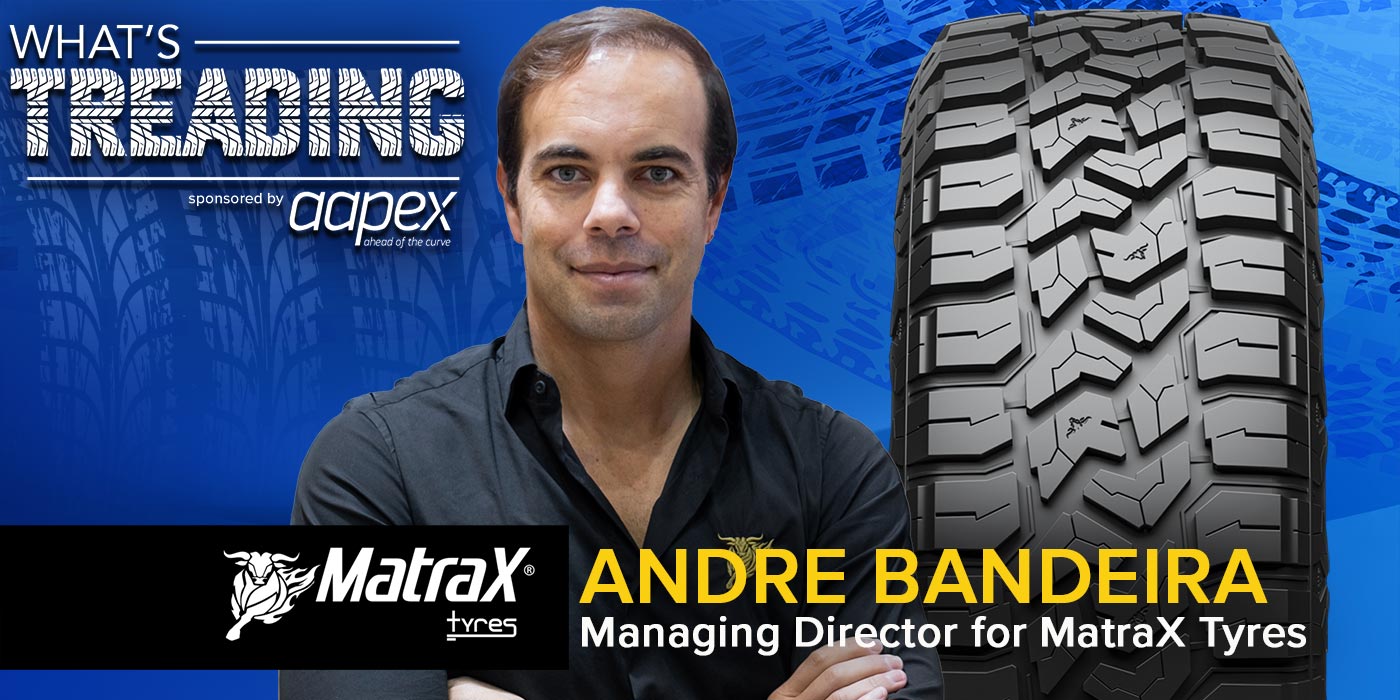And the trend is set to continue. In fact, the International Energy Agency (IEA, Paris) expects demand for all types of fuel to significantly increase – by as much as 50 per cent over the next 25 years.
So much for the bad news. But there is also good news – chemicals company Degussa AG (Dusseldorf), intensified the work in its Advanced Fillers & Pigments Business Unit aimed at improving the properties of truck and car tyres alike. This work has led to fuel consumption reductions of up to eight per cent – depending on how figures are compared. Based on an average of 150,000 kilometres per truck, this could result in annual fuel savings of approximately 2,500 litres – a substantial amount.
“Rolling resistance is a critical performance parameter which is directly influenced by the tread rubber compound that is used”, explains Dr Winfried Tomaske, Director of the Institute for Automotive Engineering and Power Train Engineering at the Helmut Schmidt University in Hamburg. At present, every fifth tank of fuel goes into overcoming rolling resistance. The formula is simple – the lower the rolling resistance, the less fuel is required, which also means fewer carbon dioxide emissions are produced when fuel is combusted. This is not only kinder to the environment, but also on the purse – an example of economy and ecology going hand-in-hand.
Coupling agent between rubber and filler
Tyre compounds normally contain around 30 per cent reinforcing filler, which primarily imparts the required properties such as grip, abrasion resistance, tear and cut resistance of the rubber compound. For decades, these properties were only achieved by using tailor-made carbon blacks. Today, an additional substance is enabling modern car tyres to benefit from even greater customisation, namely silica. However, due to the different chemical properties of rubber and silica, these components cannot be easily bonded together in a rubber compound.
This is where bi-functional organic silicon compounds, or organosilanes for short, come in. They act as coupling agents, like a bridge between the other two substances. This silica-silane technology was developed by Degussa and then launched onto the market by a leading tyre manufacturer. Nowadays, almost every car in Europe is fitted with tyres with treads containing silica.
So tyres are far from being simply pieces of black rubber. In fact, three Degussa components – carbon black, silica and silanes – play a crucial role in determining the performance profile of the tyre. Chemists, physicists and engineers are all working together to bring about continual improvements by optimising the carbon black and silica particles and by tailoring the chemistry of the silanes even better to the tasks at hand. New material solutions play an important role here, not just for the tyre tread, but for the subtread of the tyre as well. Ultimately, the performance improvements that everyone is working towards can only be achieved by improving all the necessary rubber compounds.
Carbon black and silica, the two key reinforcing chemicals in tyres, originally had different jobs to perform: while silica delivers the best overall results for car tyres, particularly in the tread, carbon black rules the roost for truck tyres due not least to its excellent abrasion resistance. The challenge for Degussa’s scientists was to carefully advance the development of both classes of product, while achieving outstanding rolling behaviour in the tyres.
A helping hand for chemists – computer models and simulations
Immediately after they have been manufactured, carbon black and silica particles are very small. Success depended to a great extent on systematically investigating these products and analysing their manufacturing process. The chemists and physicists used computer models and calculations based on simulations to examine whether their ideas were right. “In the end, we succeeded in controlling particle growth and surface properties to the extent that these product innovations were able to reduce the rolling resistance of truck tyres by up to 20 per cent”, explains Bernhard Schwaiger, Head of Degussa’s Applied Technology Advanced Fillers. This translates into savings of up to five per cent in fuel costs. The newly developed carbon black types are marketed under the trade name Ecorax. This product range consists of solutions for the tread compounds of truck tyres and for the subtread of car and truck tyres.
Degussa chemists have also invested a great deal of effort into researching new forms of silane molecular structures. Although each car tyre requires no more than about 100 grams of this compound, the effect of using this speciality chemical is enormous – it is ultimately responsible for cutting fuel costs by up to 8 per cent. What is also remarkable is that the process does not adversely affect the performance of any of the other tyre properties.
Leading tyre manufacturers are already carrying out thorough tests of the brand-new silane Si 363, with tyres containing this compound set to come onto the market very soon. The investment should pay for itself quickly – “Based on 30,000 kilometres driven per year, the outlay for a new set of tyres can be recovered within one year”, says Thomas Hermann, Head of the Advanced Fillers & Pigments Business Unit, emphasizing the economic benefits.
Twofold environmental benefit
The environment actually benefits in two ways – in contrast to the silanes used so far, the emission of volatile organic compounds during the tyre manufacture process will be cut by up to 80 per cent. Added to this comes the reduction in the greenhouse effect resulting from lower carbon dioxide emissions.
Degussa is the only manufacturer worldwide to offer the tyre industry a single source for the three most important reinforcing components. The Group is the world market leader in performance silica and organosilanes, and the second-largest producer of carbon black. This expertise has enabled the company to revolutionize tyre compounds, something that car drivers, their wallets and the environment will all continue to benefit from in the future.

